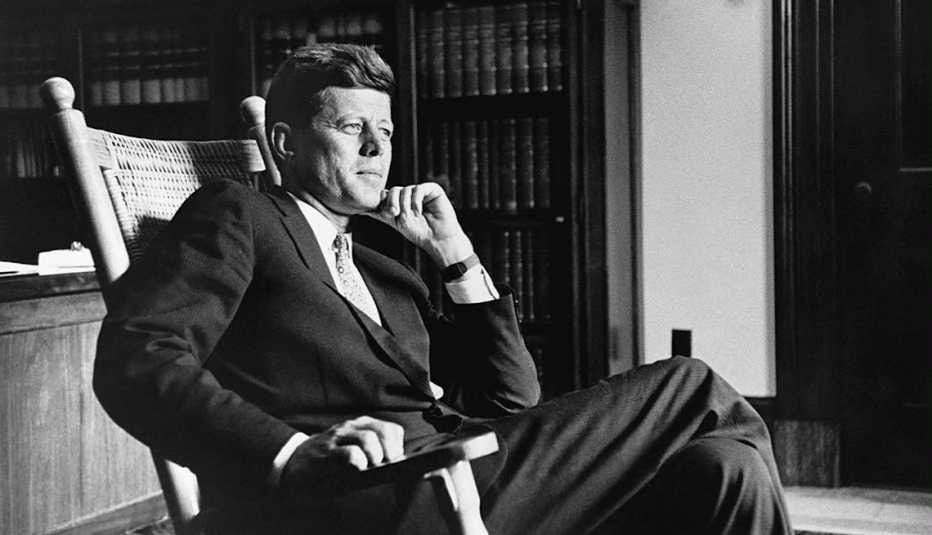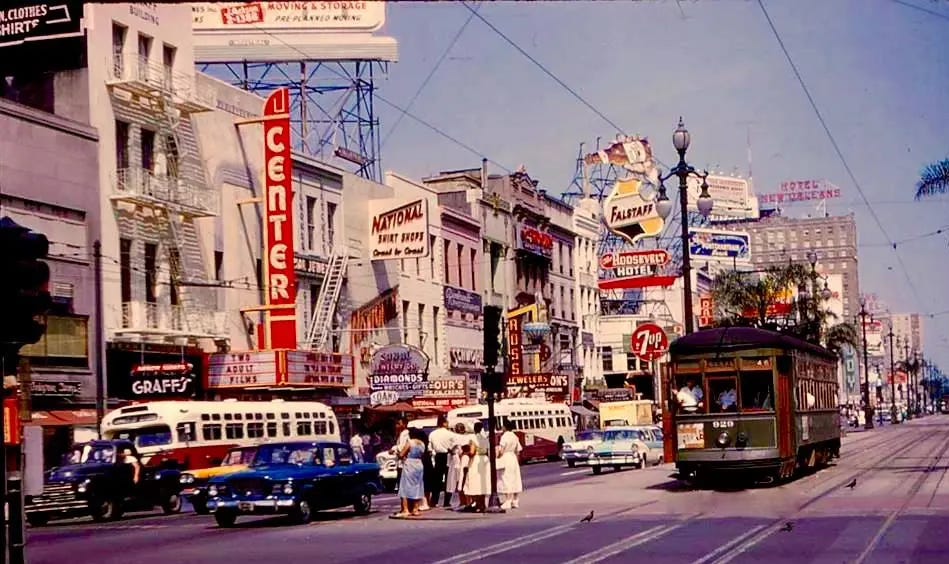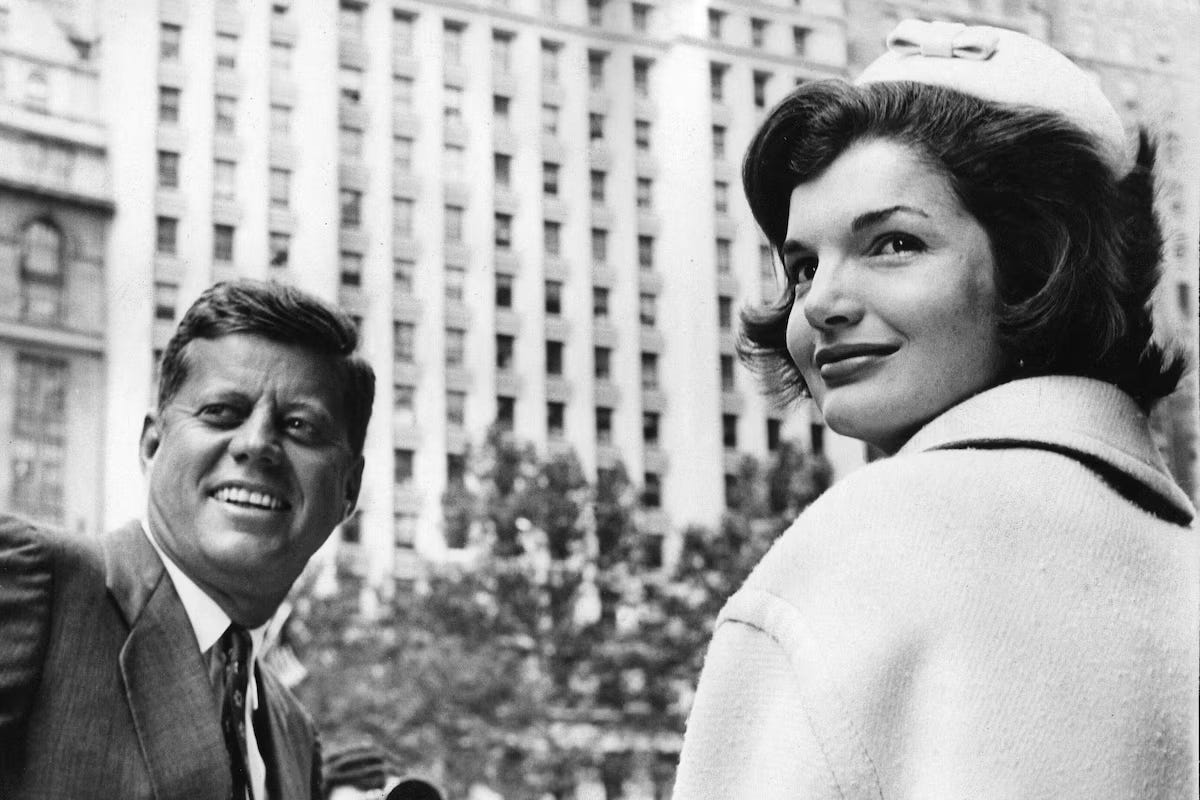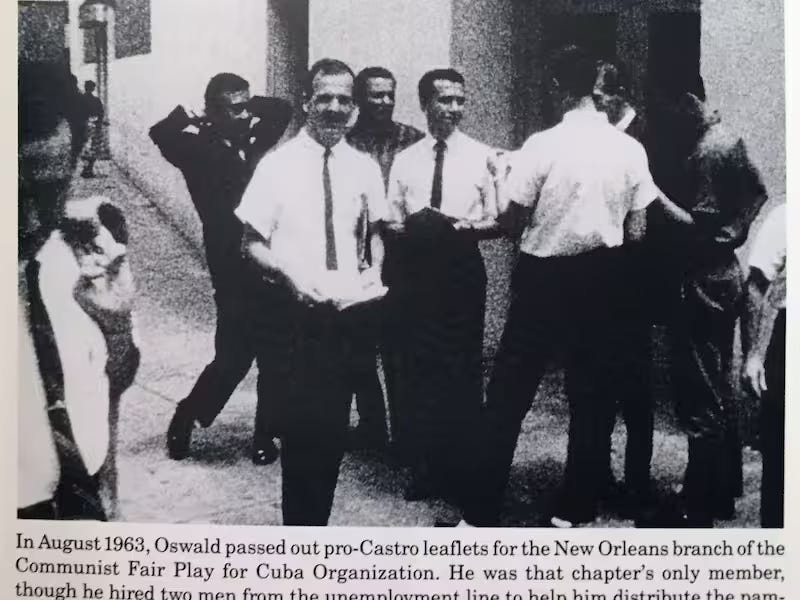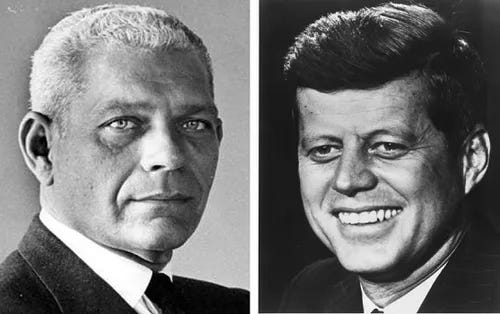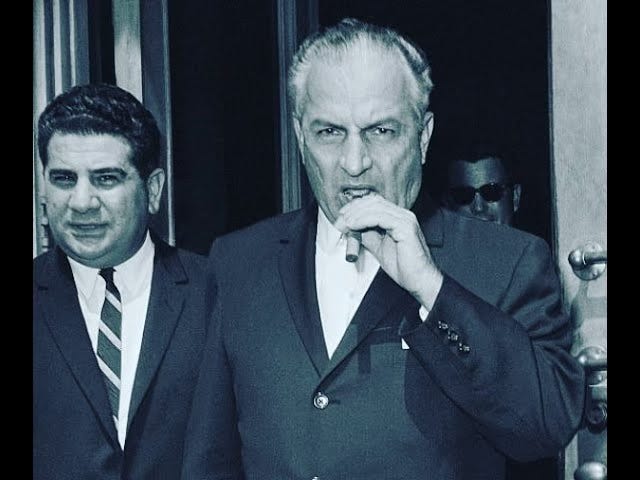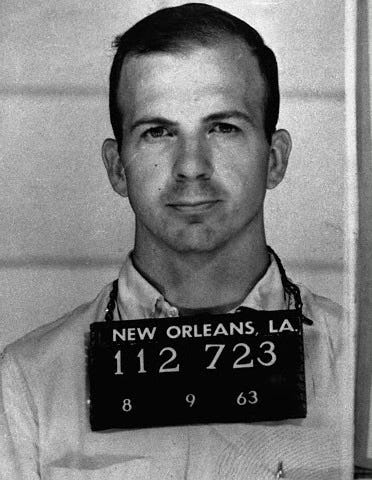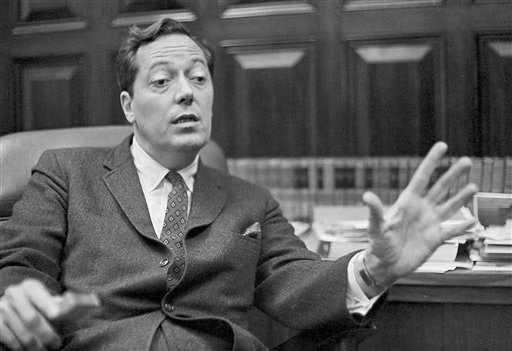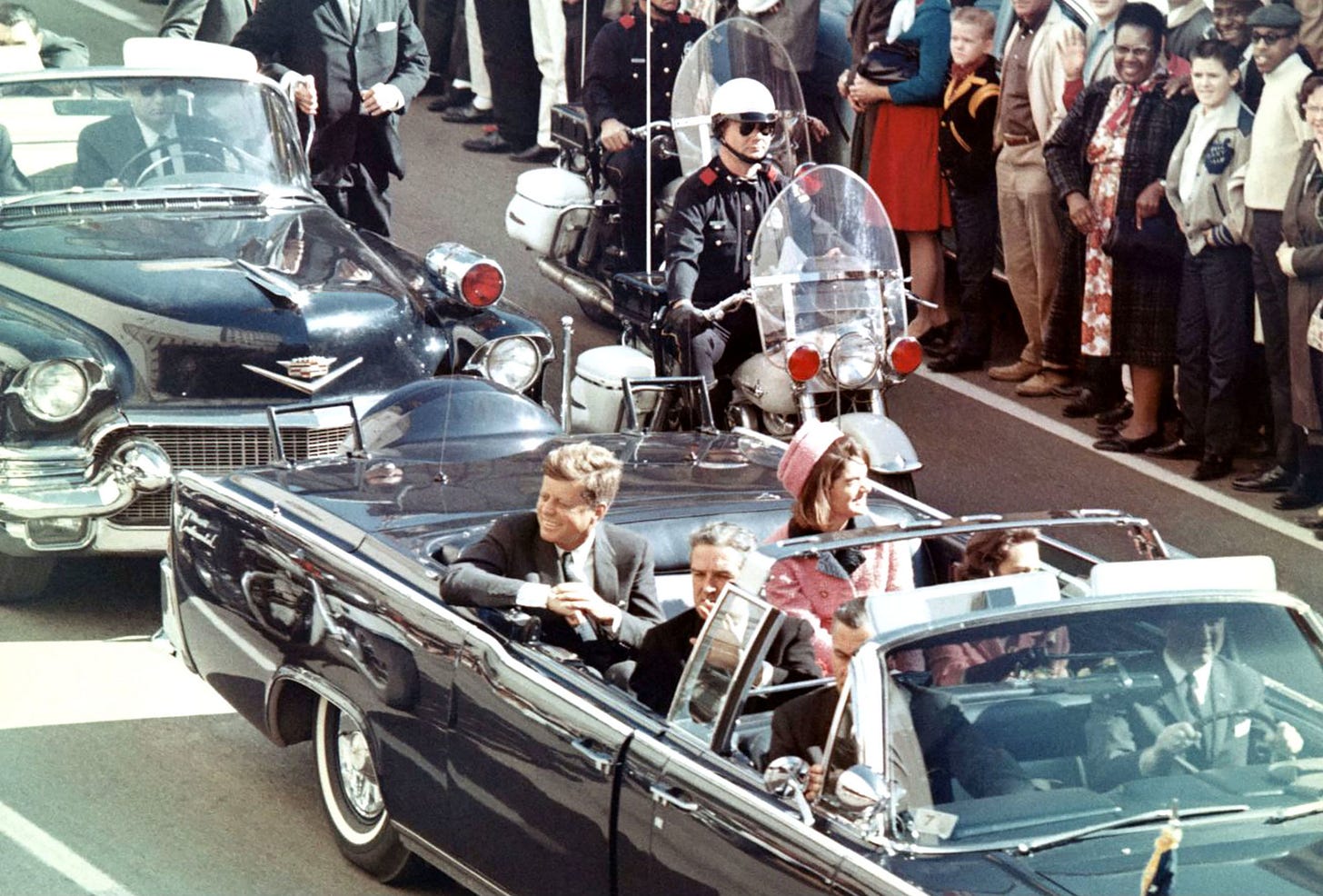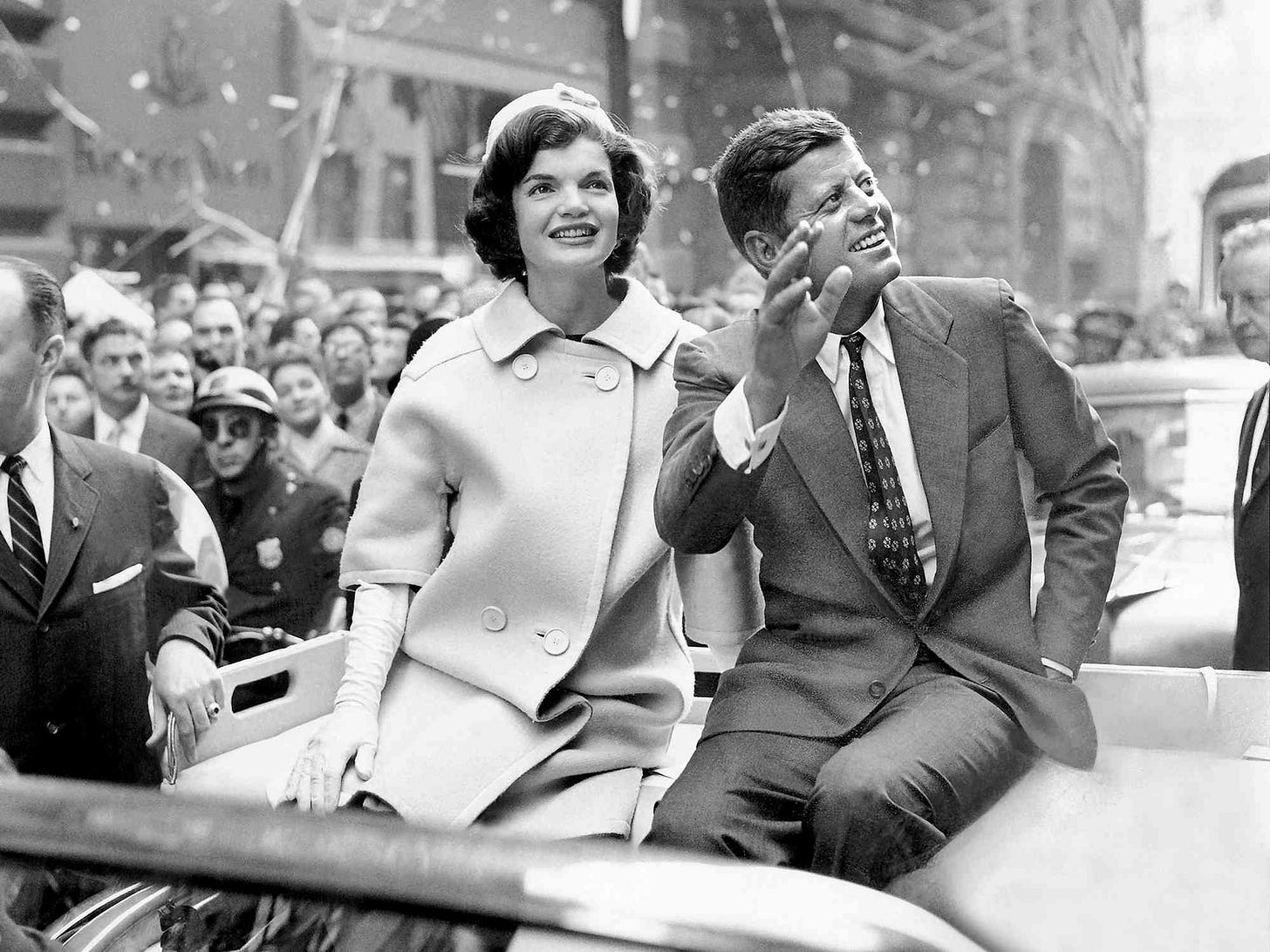Exploring JFK’s Louisiana Connection: The Untold Story of New Orleans and the JFK Assassination
In the rich tapestry of American history, few events remain as impactful and shrouded in mystery as the assassination of President John F. Kennedy. While Dallas, Texas, is etched into the public's mind as the site of this tragedy, there is a lesser-known yet significant link between JFK's story and the vibrant city of New Orleans, Louisiana. This connection intertwines politics, shadowy figures, and intriguing local ties, making the Crescent City a pivotal location in understanding the broader context of JFK’s assassination. This blog post explores the Louisiana connection to President Kennedy’s story, highlighting key players, historical settings, and the enduring questions that still captivate historians and conspiracy theorists alike.
The Political Landscape of New Orleans in the 1960s
The 1960s were a transformative decade for New Orleans, a city steeped in political complexity, cultural fusion, and social change. At the time, Louisiana politics were marked by influential figures like Governor Jimmie Davis and former Governor Earl Long, both known for their charismatic yet unpredictable leadership. The political climate in New Orleans was further charged with Cold War tensions, racial struggles, and a burgeoning civil rights movement. Against this backdrop, JFK's presidency resonated deeply with both the hopes and apprehensions of the city.
JFK’s Visits and Connection to New Orleans
President Kennedy’s connection to Louisiana extended beyond politics. His visits to New Orleans were marked by enthusiastic public receptions and pivotal speeches, showcasing the city's strategic importance. One notable visit occurred in 1962, when JFK addressed the American people from New Orleans about the country's advancing space program, reinforcing the city's role in NASA’s space race efforts. These public appearances strengthened his rapport with Louisianans but also underscored the underlying friction within certain political and business factions.
Lee Harvey Oswald: The New Orleans Native
Central to the Louisiana connection is Lee Harvey Oswald, the man accused of assassinating JFK. Born in New Orleans in 1939, Oswald's formative years were spent in the city's neighborhoods, where he developed early and complex political views. His time in New Orleans left an indelible mark, influencing his ideological path that would later lead him into the spotlight of American history. During 1963, just months before the assassination, Oswald returned to New Orleans and became embroiled in pro-Castro activities, distributing leaflets for the Fair Play for Cuba Committee on the city’s streets. This period is crucial for understanding the network of connections that may have linked Oswald to various groups and individuals with vested interests.
The Shadowy Figures: David Ferrie and Clay Shaw
Two figures who have become synonymous with conspiracy theories surrounding JFK’s assassination are David Ferrie and Clay Shaw. Both men had deep ties to New Orleans. Ferrie, a former Eastern Airlines pilot and associate of Oswald, was known for his eccentric behavior and connections to anti-Castro groups. Clay Shaw, a prominent businessman and director of the International Trade Mart in New Orleans, was accused by New Orleans District Attorney Jim Garrison of conspiring to assassinate Kennedy. Garrison’s investigation, dramatized in Oliver Stone’s 1991 film JFK, put New Orleans at the heart of an alleged conspiracy involving the CIA, organized crime, and anti-Castro militants.
David Ferrie’s Peculiar Role
Ferrie’s involvement in the assassination theories is especially intriguing. A man of enigmatic interests, Ferrie was known to frequent places like Lake Pontchartrain and the French Quarter, where stories of clandestine meetings and plots abound. His sudden death in 1967, ruled as a suicide just days after being named as a key figure in Garrison’s investigation, added fuel to the theories that he knew more than he revealed.
Clay Shaw and the Trial of the Century
The only trial ever held for conspiracy in the JFK assassination occurred in New Orleans in 1969. Clay Shaw was acquitted, but the trial unearthed numerous testimonies and evidence suggesting the city’s deeper involvement in the events leading up to November 22, 1963. Shaw’s connections with the CIA, which were confirmed only years after his death, continue to prompt questions about his true role and the web of relationships he maintained in New Orleans.
The Mafia, Carlos Marcello, and Kennedy’s Administration
One cannot explore JFK's ties to New Orleans without addressing the role of Carlos Marcello, the reputed Mafia boss of Louisiana. Marcello's empire extended beyond state lines, reaching into various sectors of organized crime across the South and influencing political landscapes. Historians and investigative journalists have posited that Marcello held grudges against the Kennedy administration, particularly due to the aggressive crackdown on organized crime led by JFK’s brother, Attorney General Robert F. Kennedy.
The Alleged Meeting and Motive
A key piece of evidence often cited in these discussions is a reported meeting that allegedly took place between Marcello and associates, where JFK’s assassination was reportedly discussed as a means to resolve the administration’s pressure on organized crime. While concrete proof of Marcello’s direct involvement remains elusive, his known statements about seeking revenge against the Kennedys, combined with his expansive power in New Orleans, create a compelling narrative that places the city at the forefront of conspiracy theories.
The Cuban Connection: Anti-Castro Operations in New Orleans
During the early 1960s, New Orleans was a hub of anti-Castro sentiment and operations. Exiled Cubans and American operatives frequently used the city as a base for planning missions aimed at destabilizing Fidel Castro's regime. Oswald's activities in New Orleans, promoting a pro-Castro stance, stand in stark contrast to this fervently anti-Castro environment, suggesting that his actions may have been part of a larger, more complex web of intelligence operations. This intricate network raises questions about who Oswald was truly working for—or against—and how New Orleans' powerful anti-Castro community might have influenced the broader conspiracy.
Jim Garrison’s Legacy: A Controversial Pursuit of Truth
Jim Garrison’s investigation into JFK’s assassination remains a defining chapter in New Orleans’ history. Though controversial and criticized for its approach, Garrison's probe spotlighted connections that were largely overlooked or dismissed by the Warren Commission. His insistence that New Orleans played a critical role in the conspiracy to kill Kennedy and his allegations about Ferrie, Shaw, and others ensured that the city would forever be part of the ongoing debate over what truly happened in Dallas.
Legacy and Lingering Questions
Today, the New Orleans connection to JFK’s assassination endures as a topic of intrigue, analysis, and debate. From Oswald's upbringing and radical activities to Marcello's suspected involvement and Garrison's relentless pursuit of justice, the Crescent City is as entwined in the narrative as Dallas itself. This historical entanglement continues to captivate researchers, writers, and the general public, who seek to piece together the myriad clues left behind.
Conclusion: The Unending Search for Truth
Exploring JFK’s Louisiana connection offers a glimpse into the rich, shadowed corridors of American history. New Orleans' deep ties to key figures and events surrounding the assassination reveal that the city played an indispensable role in this national tragedy. While definitive answers remain elusive, what is clear is that understanding the context of JFK’s death involves looking beyond Dallas to places like New Orleans, where politics, intrigue, and ambition collided in an era that changed the United States forever.
If this story intrigued you, subscribe to our blog to stay updated on more captivating historical insights about Louisiana and its unique stories. Share this post with fellow history enthusiasts, and let’s keep the conversation going. Don’t forget to connect with us for more explorations into the stories that make Louisiana unforgettable.




